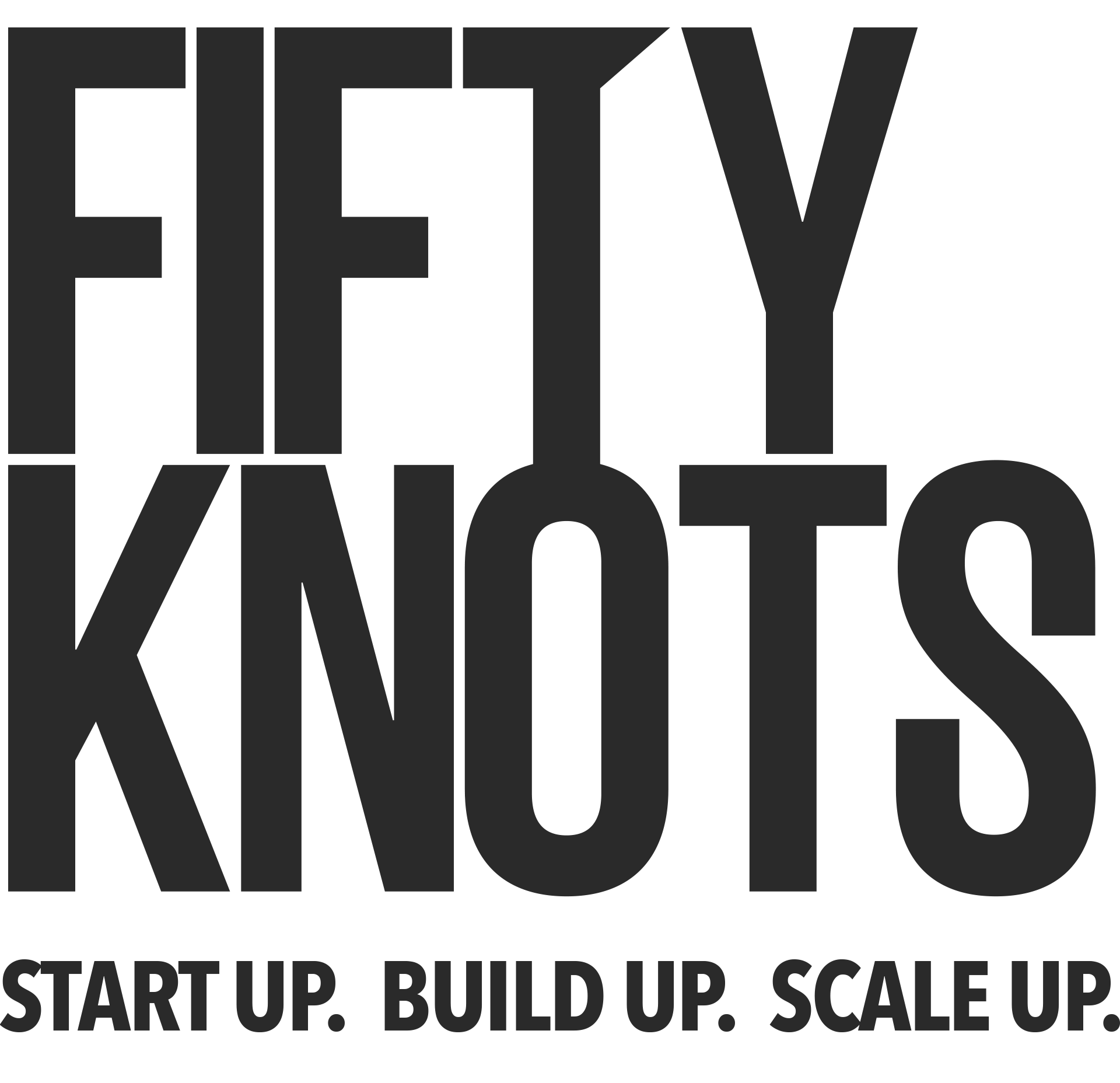Take Time-Out to Reframe
Conflicting viewpoints among leaders can bring forth a tidal wave of discord capable of capsizing even the most seasoned of ventures. But take a moment and breathe. What if we were to see this as an opportunity instead?
At www.fiftyknots.com, we advocate to our team members that they “should have strong convictions, loosely held”. It’s a generalization, used as a reminder whenever things get heated, that the opposite of what we believe can also be true.
The challenge: transforming disagreement into collective brilliance. For entrepreneurs and managers alike, taking a moment to consider strategic guidance harnessed from a top-3 selection of inspirational leaders could be your torch in the dark.
To be fair, there could be many equally inspiring or even more inspiring sources than those that we selected, so don’t be afraid to pick yours and look for more inspiration after reading this article.
Be Self-Aware
To illustrate, an extract from a Harvard Law School case study provides examples of two distinct styles of conflict awareness:
“Upon the release of his 2013 hit “Blurred Lines,” singer Robin Thicke faced criticism that the song sounded too much like Marvin Gaye’s 1977 song “Got to Give It Up,” which Thicke himself had cited as an inspiration. And the following year, many couldn’t help but notice that the melody of British crooner Sam Smith’s breakout debut single, “Stay with Me,” tracked closely with that of the 1989 Tom Petty hit “I Won’t Back Down.”
From the start, the two singers approached the situations with very different conflict resolution styles. One chose litigation and ended up losing a lengthy and public court battle. The other chose negotiation and settled the dispute quickly, quietly, and amicably. The singers’ early-stage choices dramatically affected how the disputes unfolded, offering key lessons to business negotiators who are trying to decide whether to negotiate or litigate.”
Take a moment to consider if you have a bias, a style, or an inclination.
Stephen Covey’s 7-Habits Framework: Habitual Success
Stephen Covey’s “7 Habits of Highly Effective People” isn’t all about productivity. Gems that guide conflict resolution are included in his guidance. The habits propel us beyond reactive discord and into proactive resolution. Key? Synergy. It’s not always about winning the argument; it’s about pioneering innovative solutions together.
One of the accepted perils of running a venture-builder such as Fiftyknots is that entrepreneurs frequently have “fringe personalities” that are arguably required in order to be creative and take acceptable risks.
And this can translate into “left field” decisions and actions, and where these result in conflict, we are frequently required to mediate a course of action that is optimal for shareholders and investors. While we work within the strict guidelines provided by the Companies Act, we also need to take the entrepreneur into account and find balance wherever possible. Compromise and empathy are inevitably required from all stakeholders.
Adopt Covey’s habits. Begin with an end in mind. Understand others before seeking to be understood. Seek collective genius. Habits aren’t rules. They’re your route to a shared success story.
Almost every startup faces conflict under pressure at some stage in their entrepreneurial journey. Those that make it are the ones where the stakeholders lean into each other’s perspectives and concentrate their efforts on making more business rather than fighting over what they have.
Simon Sinek’s Infinite-Game Approach: To Infinity and Beyond
Forget finite; Sinek’s ‘Infinite Game’ is about persisting. The opposing sides? They’re your fellow players, not enemies to be obliterated. It’s a redefinition from competition to contribution.
Consider Microsoft under Satya Nadella. Shunning fierce rivalry, Microsoft began aligning with Apple and Linux. The outcome? Substantial growth and satisfied stakeholders. This collaboration, unimaginable in the finite-game mindset, became a reality under infinite-game logic.
Instill an infinite mindset. It’s not about surviving the financial quarter; it’s about thriving for decades. Confidence in the face of uncertainty is the game-changer.
Here again, we repeat: “Don’t fight over the slices of pizza; bake more pizza together!”
Satya Nadella’s Leadership Philosophy: Empathy Empowers
Nadella’s philosophy exhorts: Empathy is the nerve center of innovation. Understand pain points, tailor solutions, this sparks magic. Empathy is the connecting bridge amidst a sea of discord.
Reflect: Microsoft’s remarkable transformation under Nadella. Cloud-first strategy, inclusive design, massive innovation – all these sprouted from the seed of empathy.
Embrace Nadella’s empathy. It re-frames disagreements from detriments into stimuli for breakthroughs. Disagreements mean you’ve shaken the status quo. Now, seize it. Innovate.
No Retreat, No Surrender
Remember, when disagreement seems like a behemoth eclipsing your ship, brace and reinvent. Apply Covey’s 7 Habits, Sinek’s Infinite Game, and Nadella’s Empathy. See conflict as a sparring partner, not a villain. Become the entrepreneur every innovator yearns to be: unafraid, undeterred, and uncompromisingly innovative.
We are here to help: https://fiftyknots.com/#contact
References
- Covey, S. R. (1989) The 7 Habits of Highly Effective People; Powerful Lessons in Personal Change, Simon & Schuster
- Sinek, S. (2019) The Infinite Game, Viking
- Nadella, S. (2017) Hit Refresh; The Quest to Rediscover Microsoft’s Soul and Imagine a Better Future for Everyone, HarperCollins
- https://www.pon.harvard.edu/daily/negotiation-skills-daily/in-business-disputes-negotiation-doesnt-mean-backing-down-nb/




